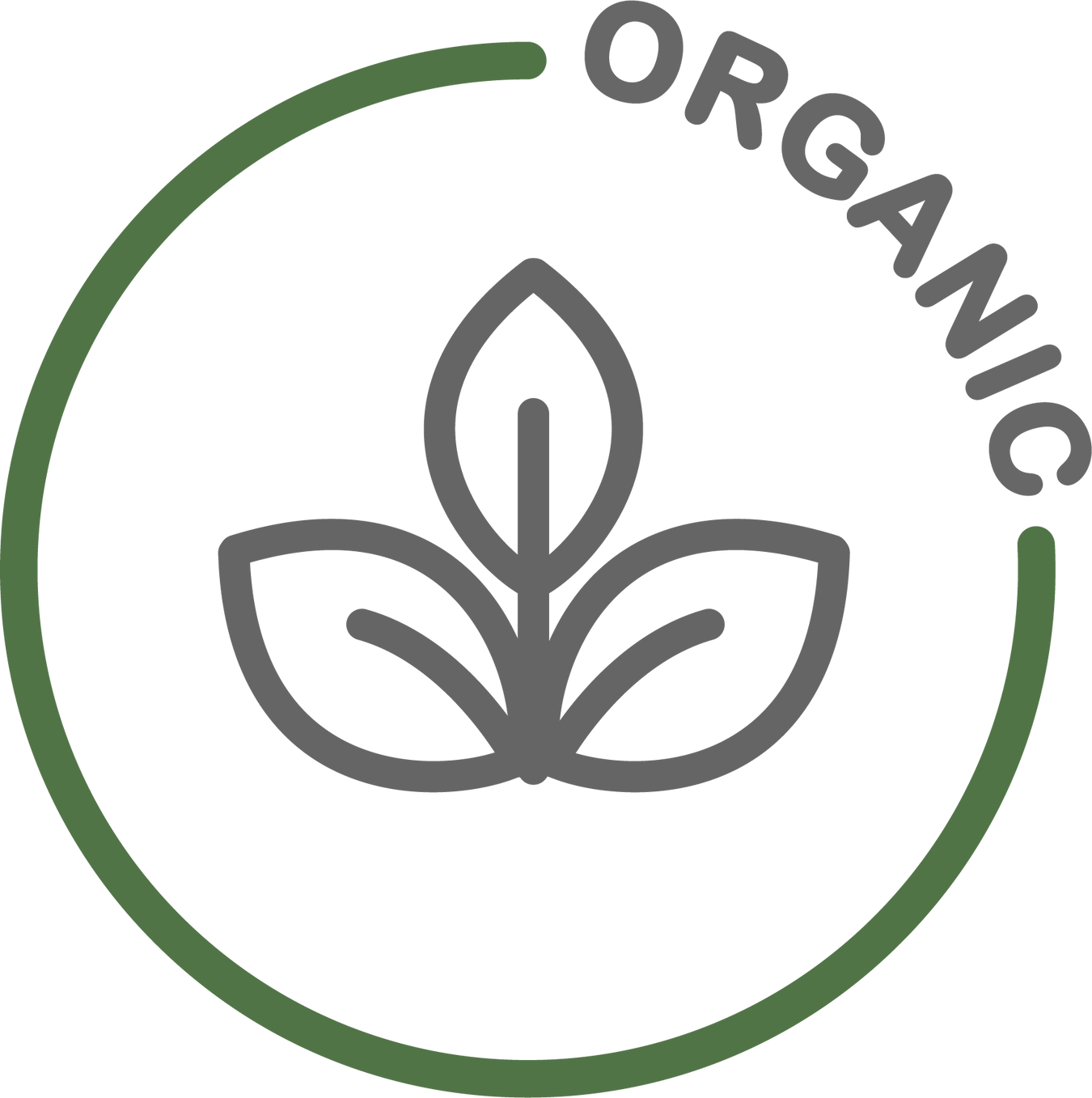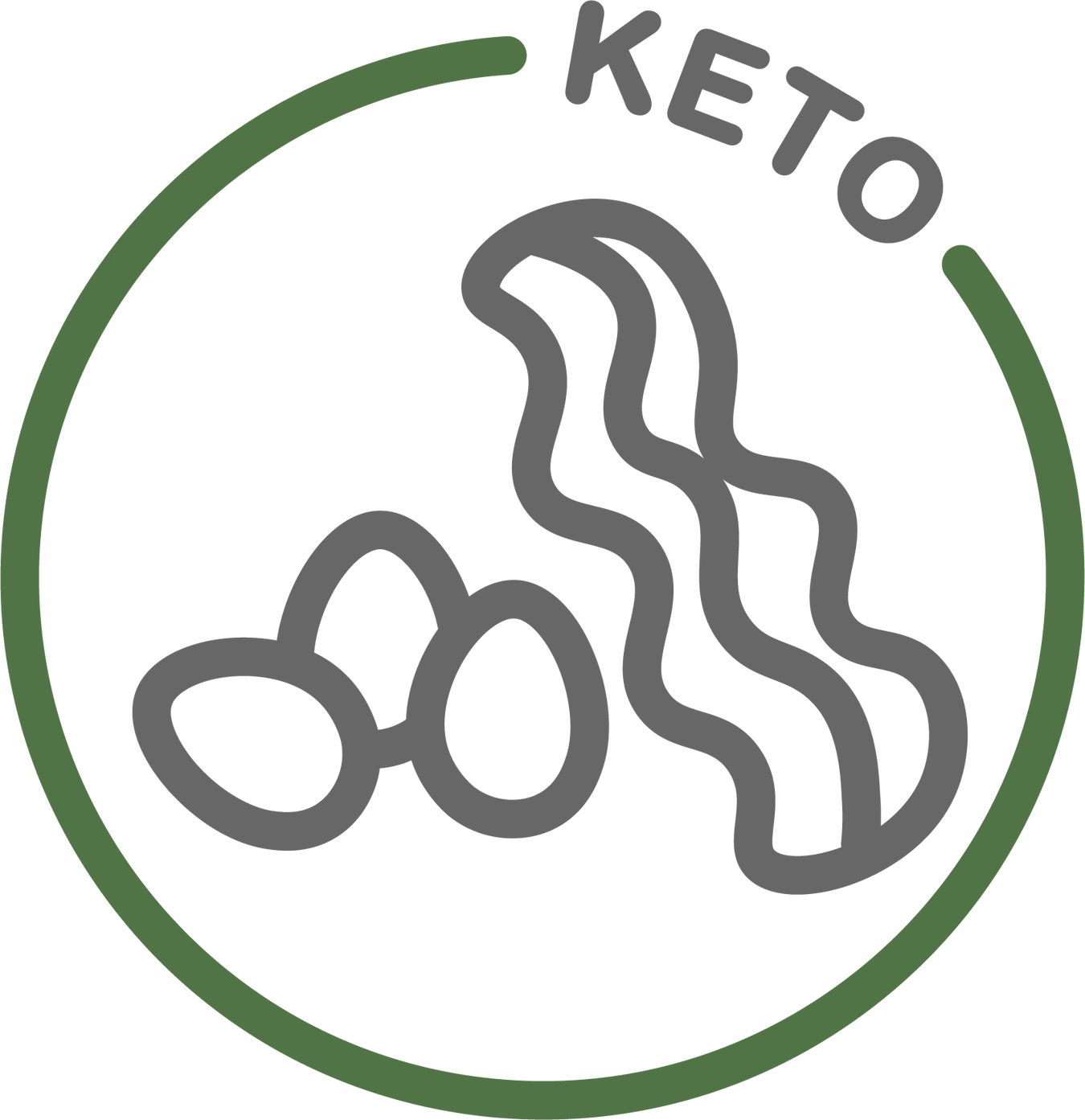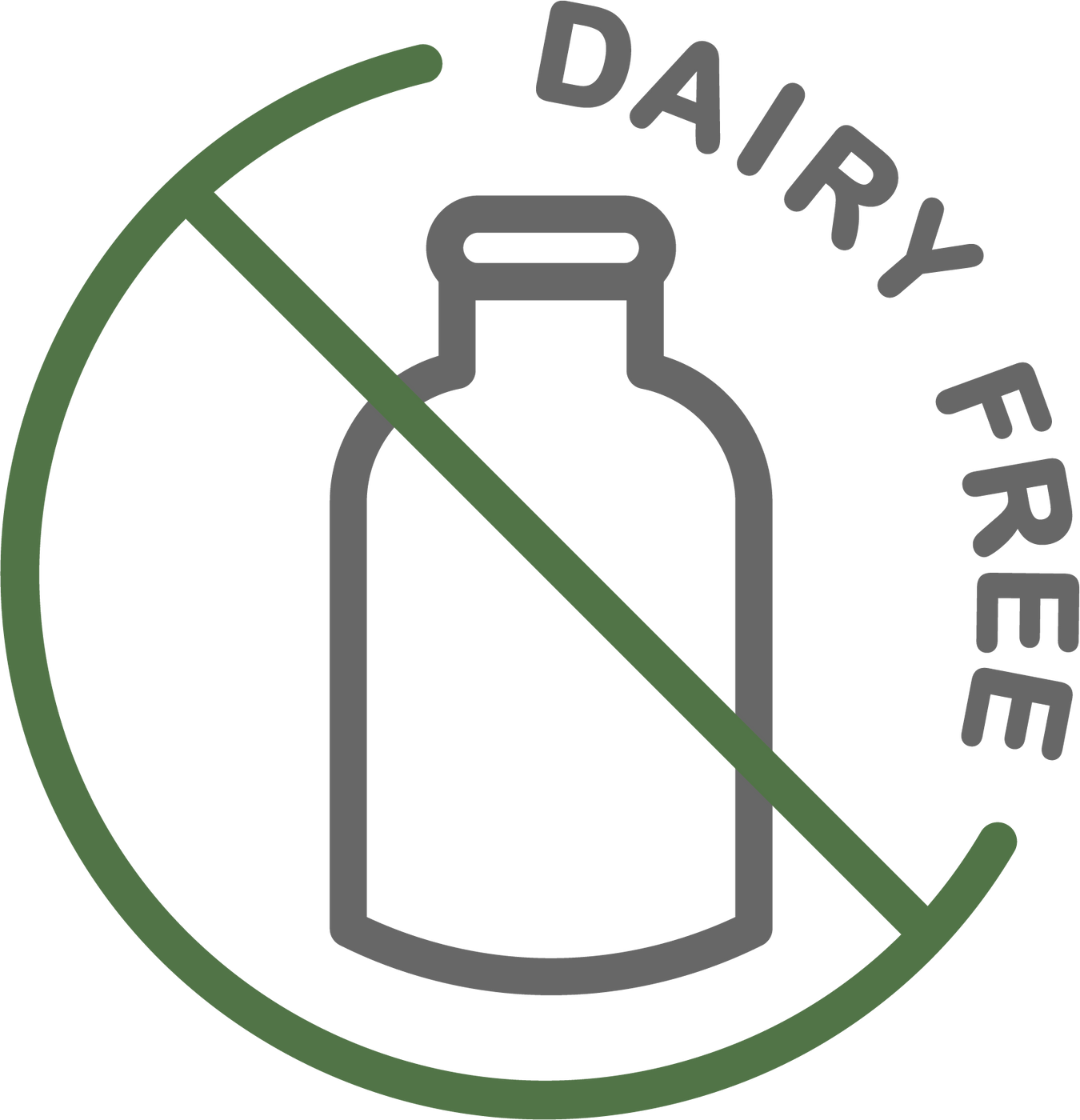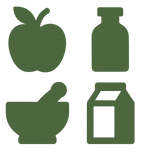Licorice is traditionally used in Herbal Medicine as an expectorant to help relieve chest complaints such as catarrhs, coughs and bronchitis and also to help relieve inflammatory conditions of the gastrointestinal tract such as gastritis in adults.
Testimonials to the abiding value of licorice for respiratory and gastrointestinal problems abound across a range of cultures and civilizations both East and West.
Licorice’s anti-inflammatory properties, which have been confirmed by scientific research, make it highly effective in soothing mucous membranes. Which is why it’s hardly surprising that Commission E, the widely acknowledged German regulatory body for herbal medicines, has approved its use for gastric and duodenal ulcers, as well as catarrhs of the upper respiratory tract
Some researchers have gone so far as to compare the cough suppressant action of licorice to that of codeine. This explains its long history of use for coughs and asthma.
In addition, the adrenal and antiviral actions of this classic herb have rendered it quite valuable for treating chronic fatigue syndrome.
-
Medicinal Ingredients (per 1 ml): Licorice (Glycyrrhiza glabra, root and stolon) 250 mg Quantity Crude Equivalent (1:4) Non-Medicinal Ingredients: Distilled water Certified Organic alcohol.
-
All doses should be taken 3 times daily in a little water on an empty stomach. Adults & Adolescents (14 & over): 1-3 ml (30-90 drops) Adolescents (10-14 years): 0.5-1.5 ml (15-45 drops) Children (5-9 years): 0.25-0.75 ml (8-22 drops) Children (4 years): 0.17-0.5 ml (5-15 drops) Duration of Use: Consult a health care practitioner for use beyond 4-6 weeks.














